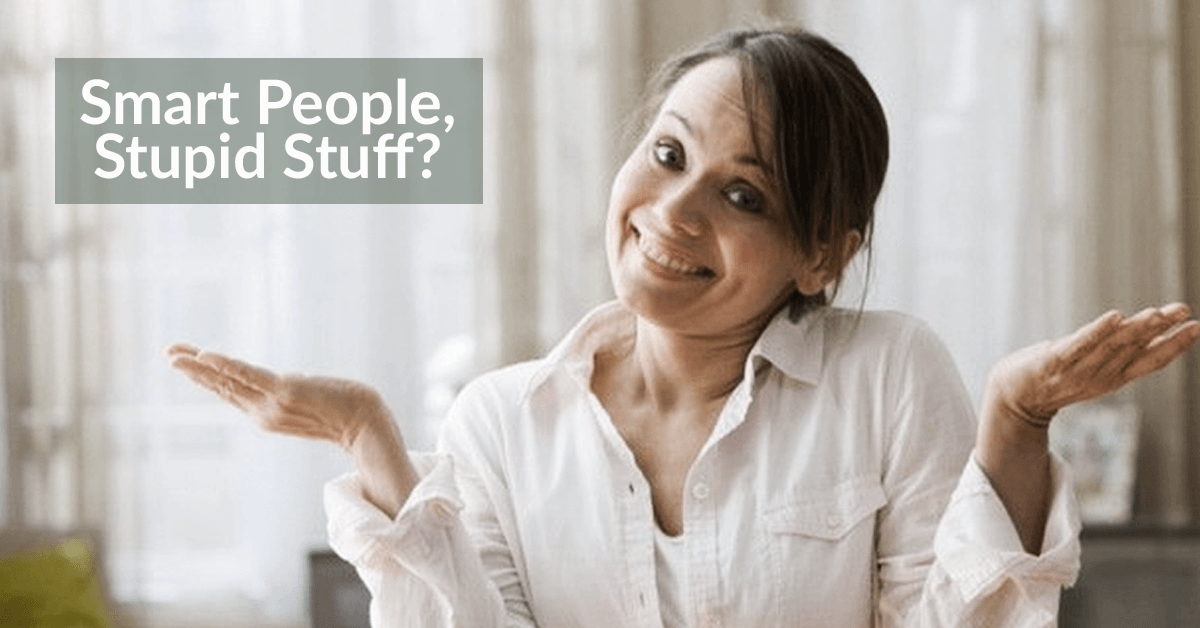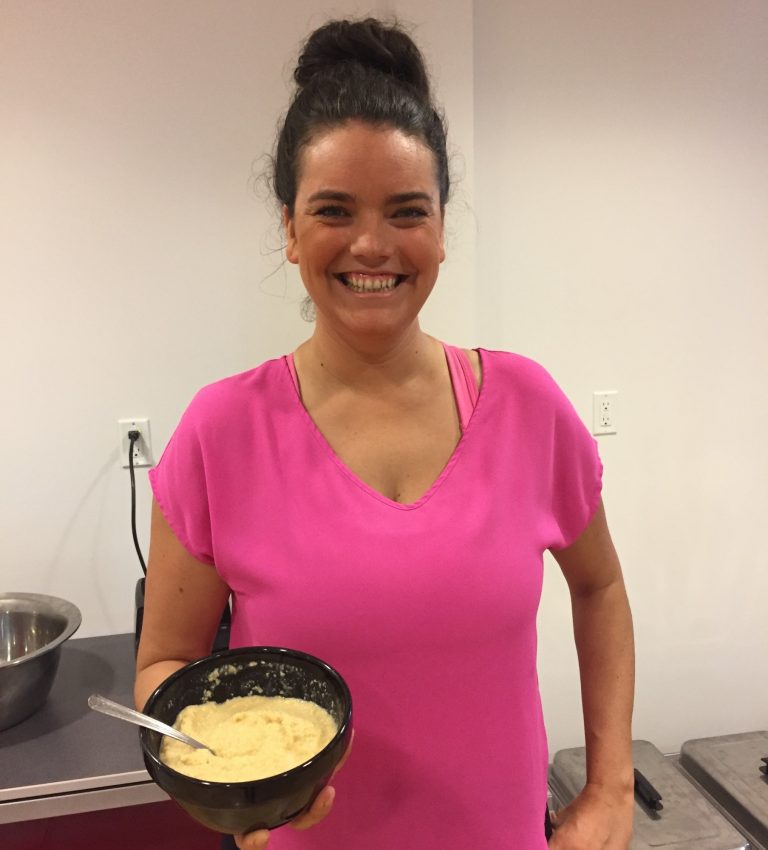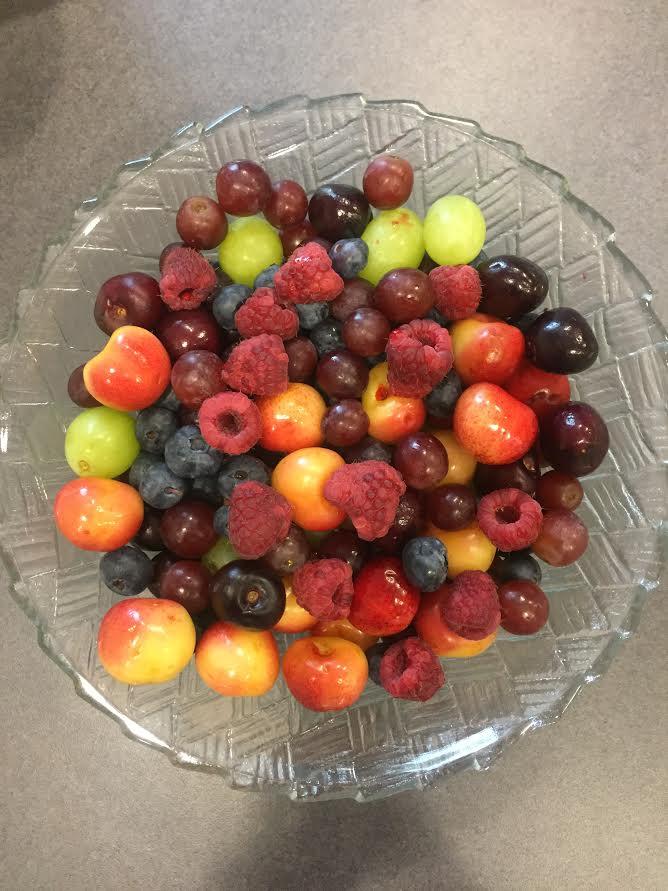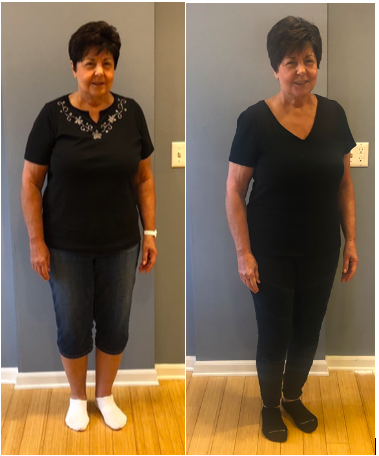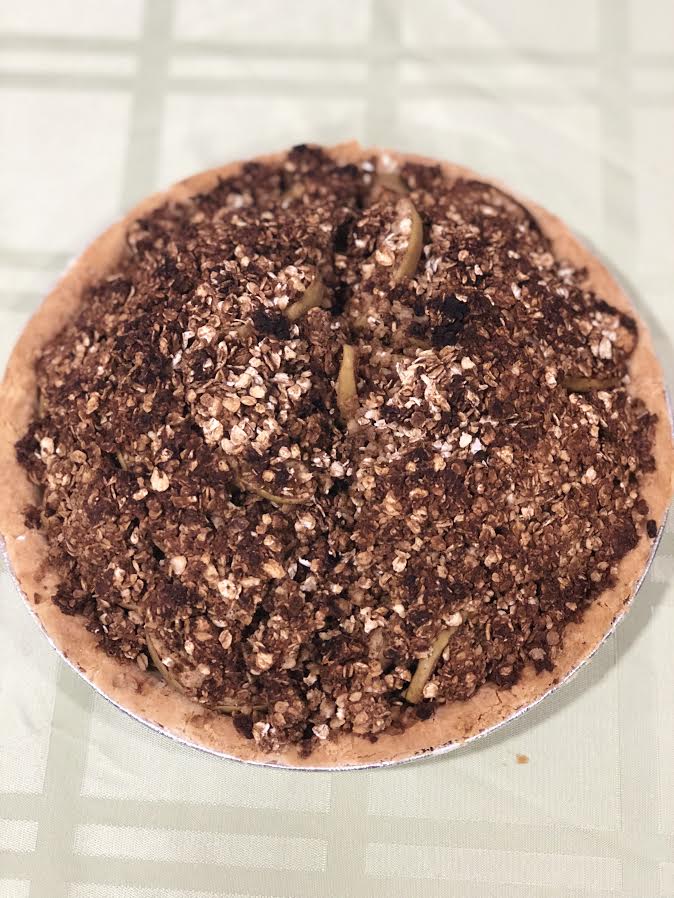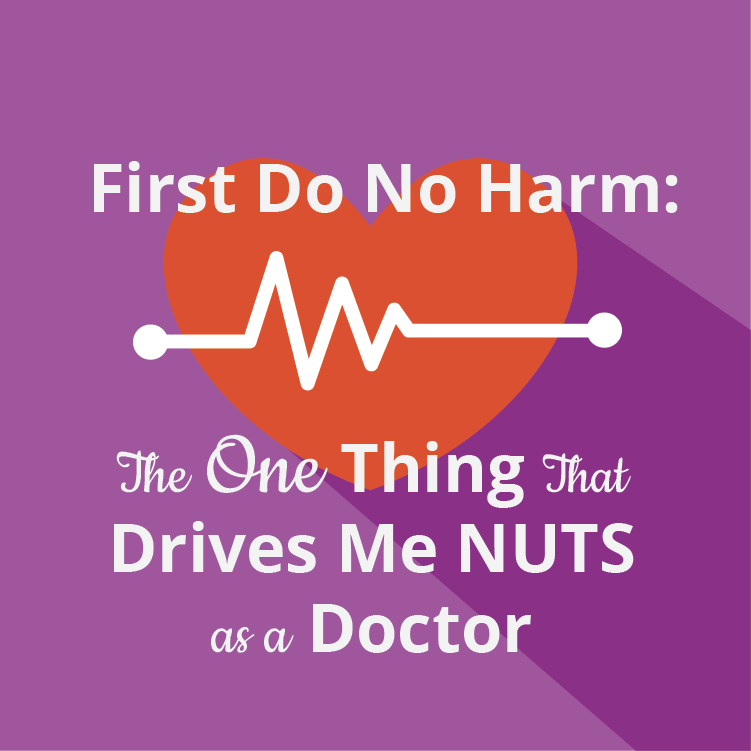Why Smart People Do So Many Stupid Things
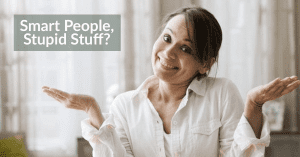
We’ve all seen it. A very smart person who does very dumb things. The question, though, is why?
I have a friend who is a very smart, very successful guy. He’s a professor at a major university, has a successful practice on the side, and has spent his life accruing knowledge and providing guidance for everyone around him. But when it comes to his health, though, he hasn’t spent much time on himself.

A few years ago, as a result of this lack of care, he developed a form of prostate cancer. Now, of course, any cancer is a problem. But the type he developed has been shown in numerous studies to be reversible with some simple lifestyle changes.
He had two choices. He could make those lifestyle changes and, playing the odds, have a very high probability of healing himself. Or, he could have the prostate surgically removed.
When I heard about his condition, I told him that the smartest choice would be to change his lifestyle. But, ignoring me, he decided to have the prostatectomy instead. He knew the risks of the surgery and, unfortunately, is now living with those side effects.
My friend now has erectile dysfunction. He’s incontinent. He has to wear adult diapers. And his health is still poor across the board.
Side note: I recently talked to a young urologist about the complications of a prostatectomy. I asked him if a lot of people become incontinent afterward. He replied that no, most people don’t become incontinent. When I pressed him for percentages, he said, again: “Not a lot. Only about 40% have those issues afterward.”
That’s success? Three out of five people won’t have to wear Depends for the rest of their lives? I found the whole conversation even more shocking when I thought about the options again: You can have the surgery and have to work adult diapers into your weekly shopping list from now until you die…or you can just eat some vegetables.
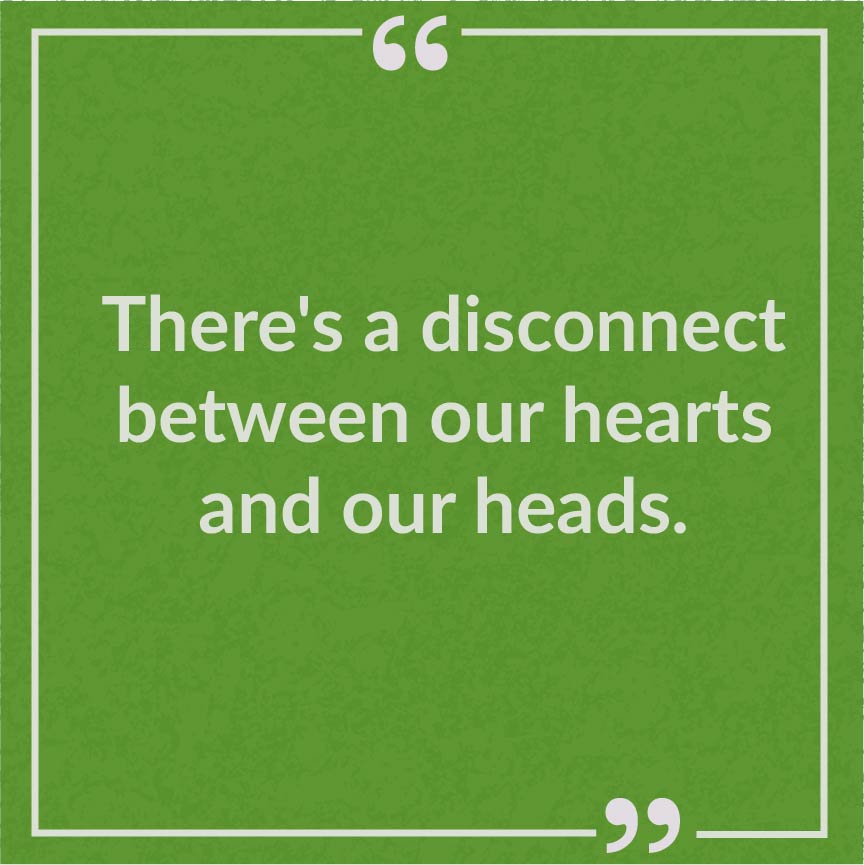
The Answer
So, why do smart people make such stupid decisions when it comes to their health?
Here’s my honest answer…
I don’t know.
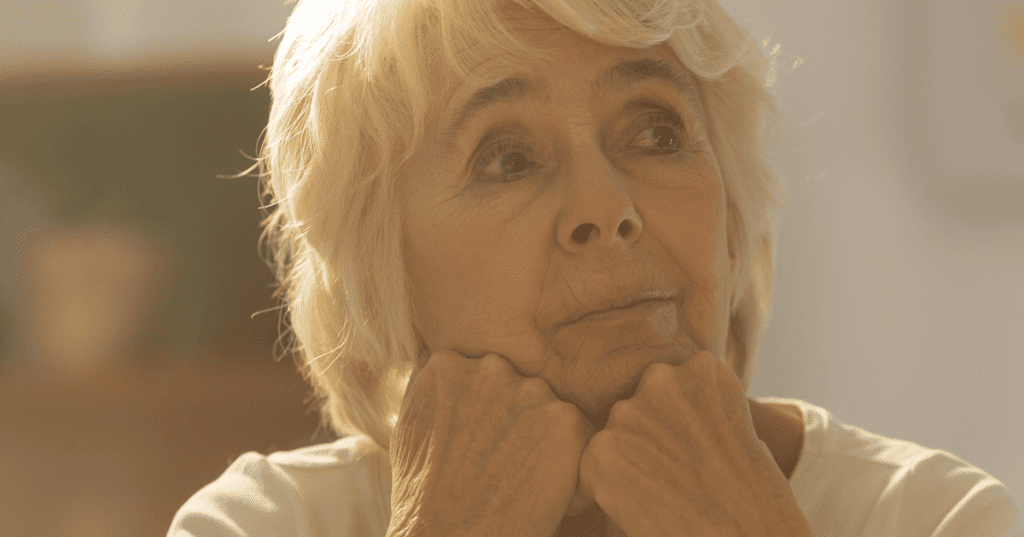
I wish I knew, but I don’t. Part of me is convinced that some really smart people think they’re overweight and sick simply because that’s the card life has dealt them. They eat like everyone else but they’re the only ones who are getting cancer or heart disease from it.
Another part of me, though, is sure that deep down everyone knows that they don’t know what they’re doing, that they really aren’t eating well even though they claim to.
I also think that there’s a disconnect between our hearts and our heads. We might understand on a rational level that we ought to make some changes so that we’re not miserable and riddled with disease. But knowing it and allowing ourselves to feel it on a level deep enough to prompt us to change are different things altogether. We make a lot of decisions—including the decision not to make a decision—out of nothing more than fear of the unknown. We tell ourselves that we’d rather die than, say, give up cheese, even for a little while.
Rationally, that’s a dumb thing to think. But emotionally? It has real power.
Whatever the answer happens to be, it is going to depend on the individual person. We’re alike in many ways. But the internal forces that drive our decisions—the big fat “WHYs” of who we are and how we choose to live our lives—can be markedly different from person to person.
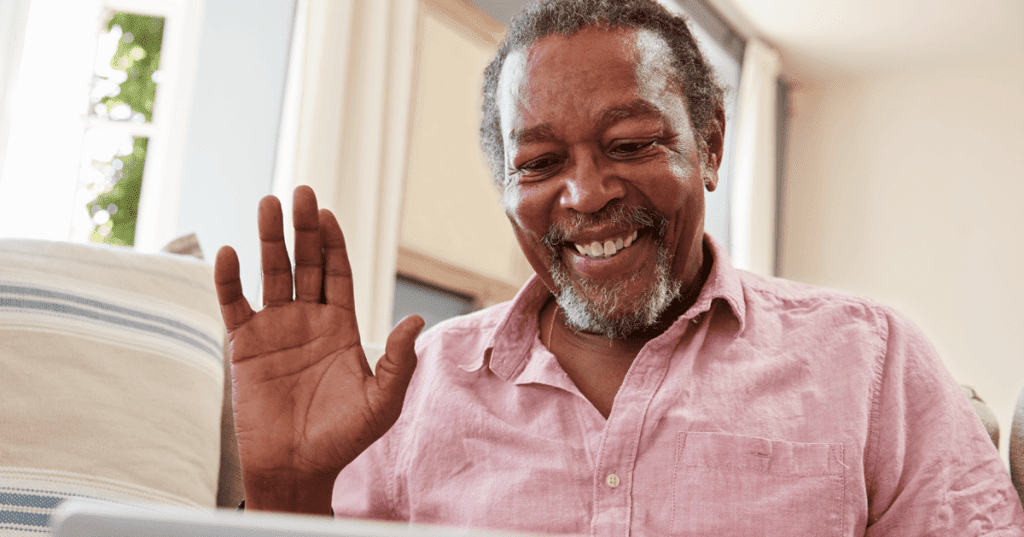
And until we’re able to answer that question for ourselves, health is going to elude us. We’re not going to live freely. We’re not going to allow ourselves to be happy, to be healthy. We’re going to continue to make stupid decisions—opting for surgeries instead of eating something green with dinner, for example—and those decisions are going to steer us, quite literally, toward death.
One of the things that sets the Wellness Training Institute and our programs like Healthful Evolutions wholly apart is that along with teaching you how to live free, healthy, happy lives, we know that to get there you have to dig down and find your WHY. You have to understand why you make the choices you do. You have to identify the root of the emotions that influence the decisions you make. You have to learn habits that allow your mind to communicate with—and listen to—the rest of your body.
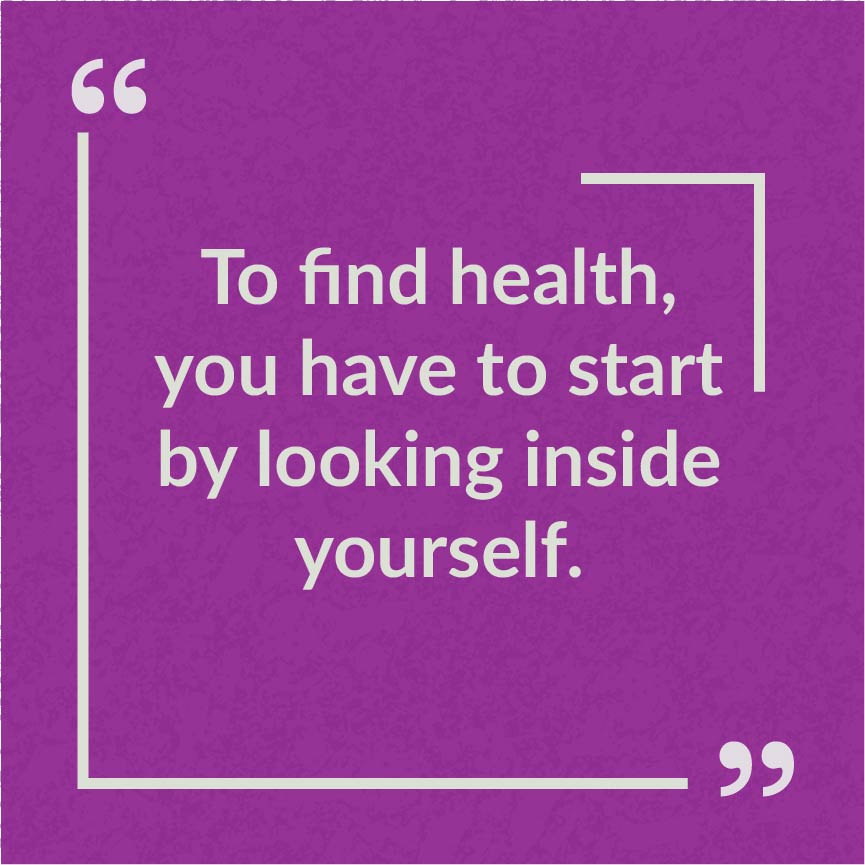
And you have to learn those habits in a community. You can’t do it on your own.
Built into our programs are tools to get in touch with the things that drive you. Because that’s where health starts. You need to reconnect with yourself. Because, once you do that, the future is suddenly bright. You find freedom. You find happiness. You find health. And you can begin making smart decisions about how to live the one and only life you have to its fullest.

